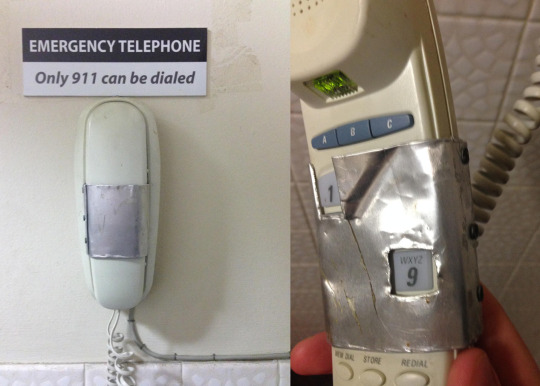Ranter
Join devRant
Do all the things like
++ or -- rants, post your own rants, comment on others' rants and build your customized dev avatar
Sign Up
Pipeless API

From the creators of devRant, Pipeless lets you power real-time personalized recommendations and activity feeds using a simple API
Learn More
Comments
-
I always perform an exact select before a delete or update...in the worst case I will know that I screwed up immediately...doh
-
-
LOL I had a similar one:
One day I have executed a cleanup script for my test DB which truncates every table and wondered why it is so slow this time. Executed it again. Well, still slow.
SHIIIIIIITTT still connected to prod DB. 😁 -
Do people really do this still?? What happened to doing everything in transactions that you can rollback or commit once you know you did it right?
-
@IllSlapU No !! No !! Please Don't !! I'm already having a bad day. Is that you "Lahsen2016" ? You could've chosen better one 😂😂
-
Just don't test in prod? I also believe there's an extension for SSMS that double checks when you run dangerous queries without a WHERE clause
-
 Fransen15326dStart with strong foundations: HTML, CSS, and vanilla JavaScript. Learn how to build a website from scratch before adding frameworks. Once you’re solid there, explore React—it’s still one of the most in-demand libraries and teaches component-based thinking. From there, you can go backend if you want with Node.js, or stick to frontend and master things like accessibility, performance, and state management. Also, version control (Git), APIs, and basic deployment should be in your first six months. Oh—and don’t underestimate soft skills: communication and debugging are just as important as coding. Fun fact: my first freelance gig came from helping someone redesign their apple parts store https://techtoro.io/ landing page—proof that practical projects teach more than tutorials ever could. Keep building, keep breaking, and stay curious!
Fransen15326dStart with strong foundations: HTML, CSS, and vanilla JavaScript. Learn how to build a website from scratch before adding frameworks. Once you’re solid there, explore React—it’s still one of the most in-demand libraries and teaches component-based thinking. From there, you can go backend if you want with Node.js, or stick to frontend and master things like accessibility, performance, and state management. Also, version control (Git), APIs, and basic deployment should be in your first six months. Oh—and don’t underestimate soft skills: communication and debugging are just as important as coding. Fun fact: my first freelance gig came from helping someone redesign their apple parts store https://techtoro.io/ landing page—proof that practical projects teach more than tutorials ever could. Keep building, keep breaking, and stay curious!
Related Rants

 What only relying on JavaScript for HTML form input validation looks like
What only relying on JavaScript for HTML form input validation looks like I hope they know what they're doing!
I hope they know what they're doing!
Where clause !!
joke/meme
web development
sql
omg why